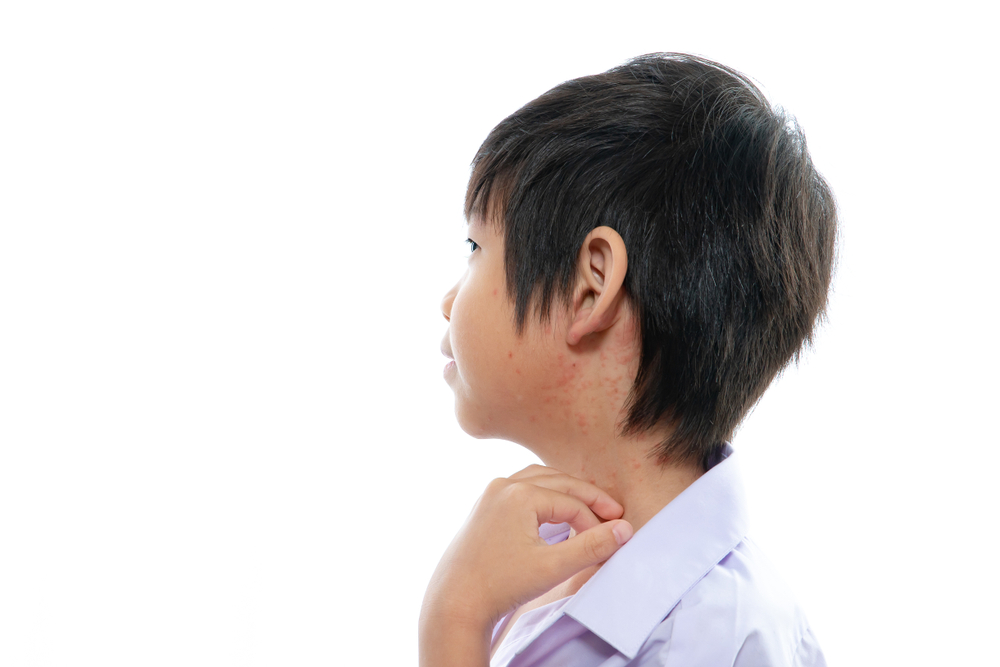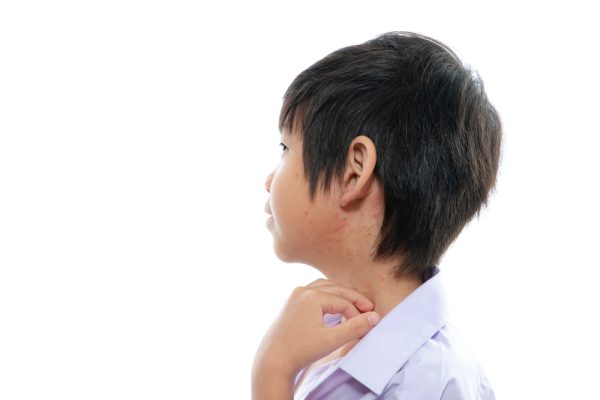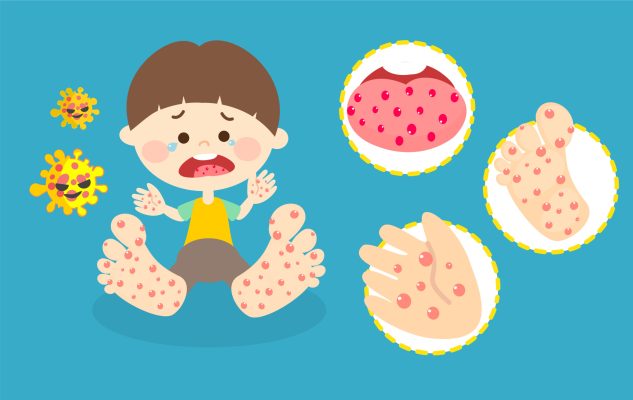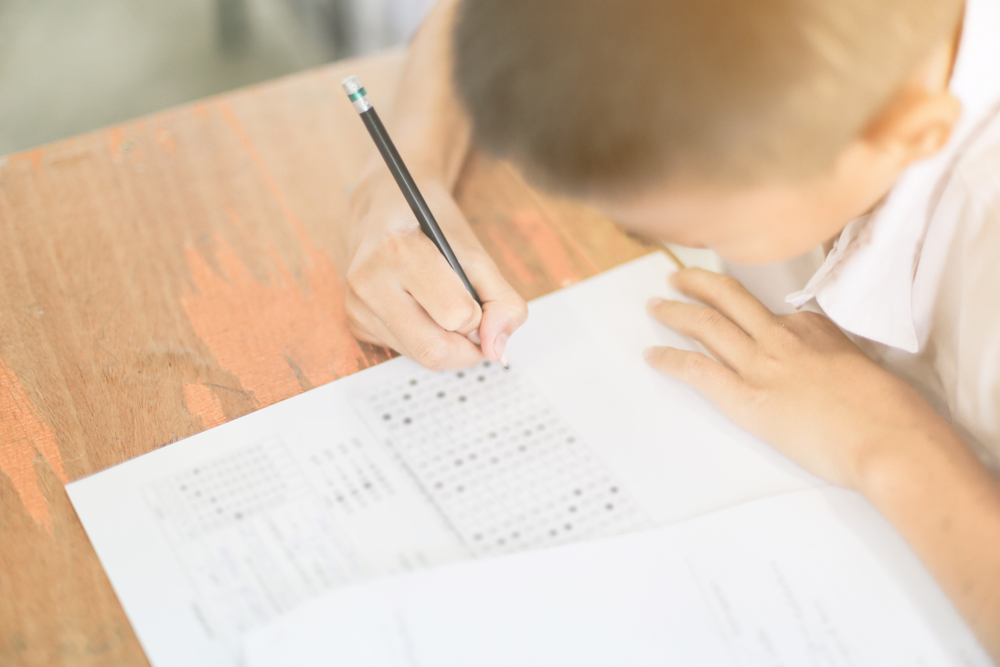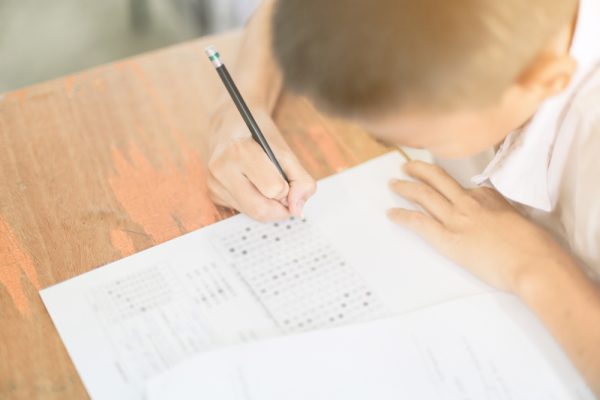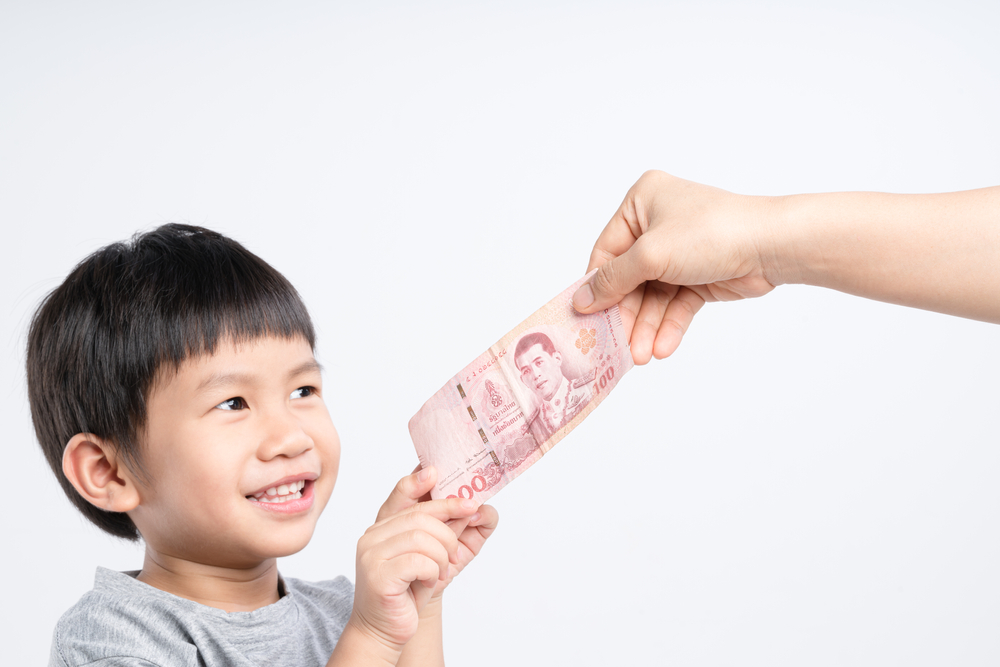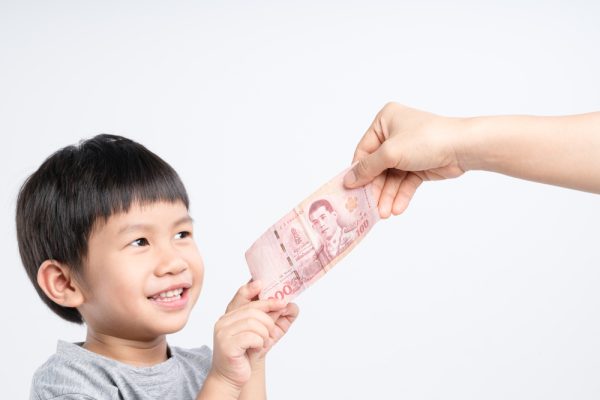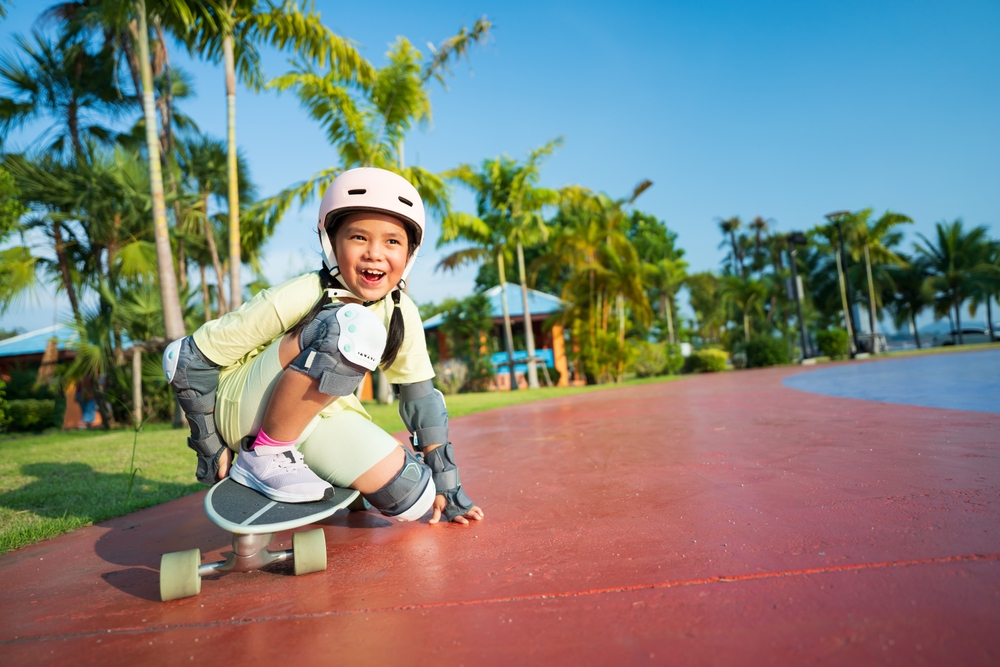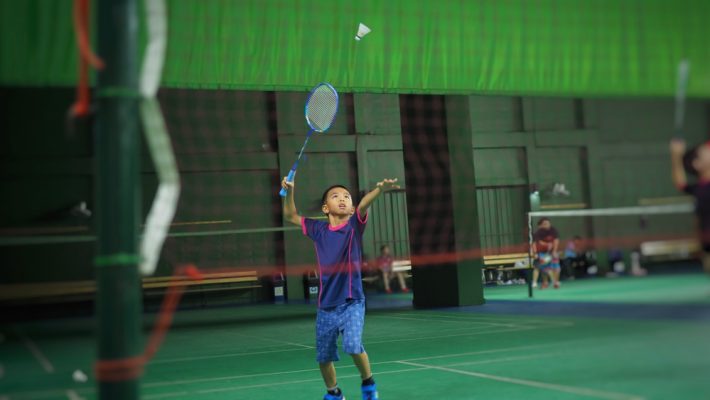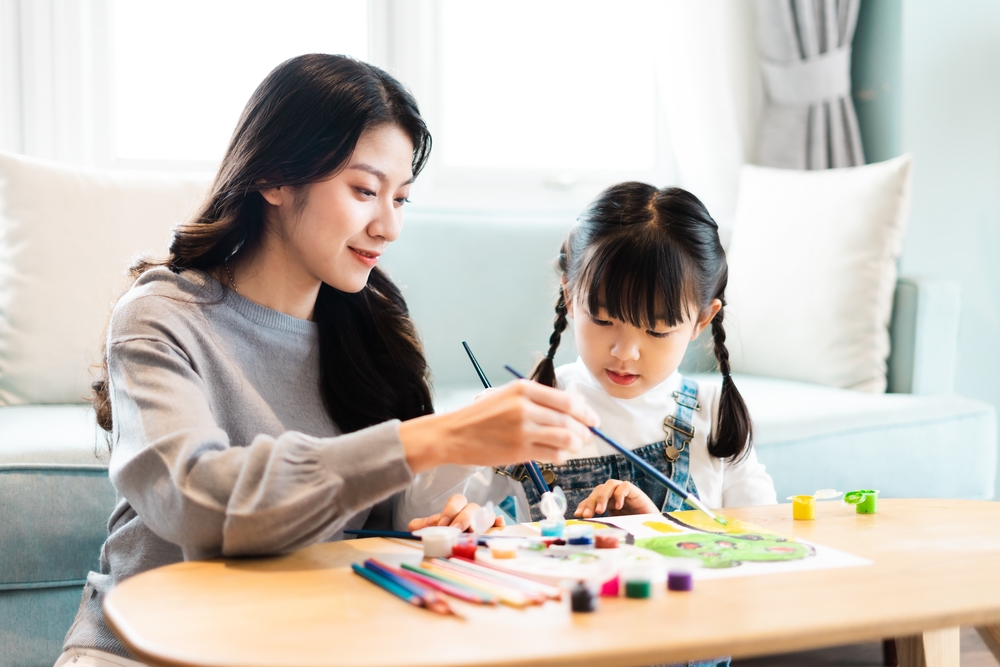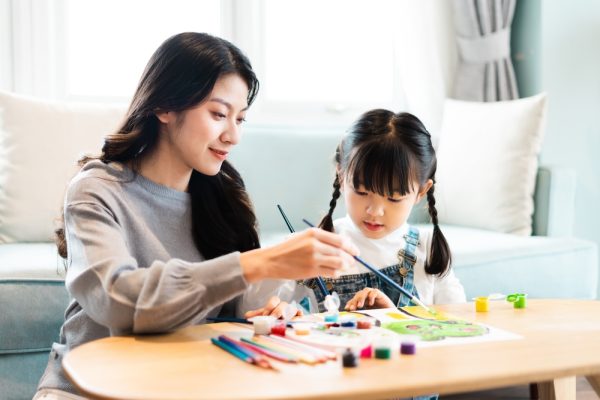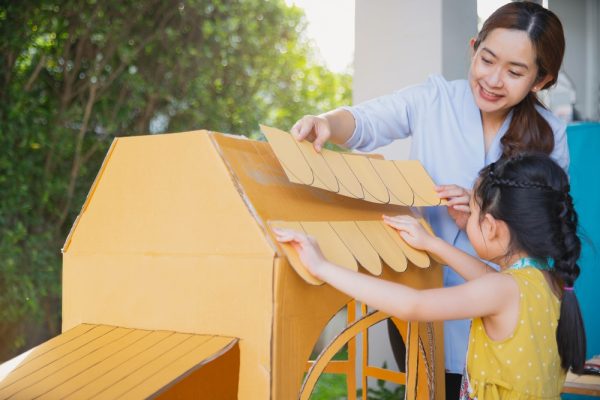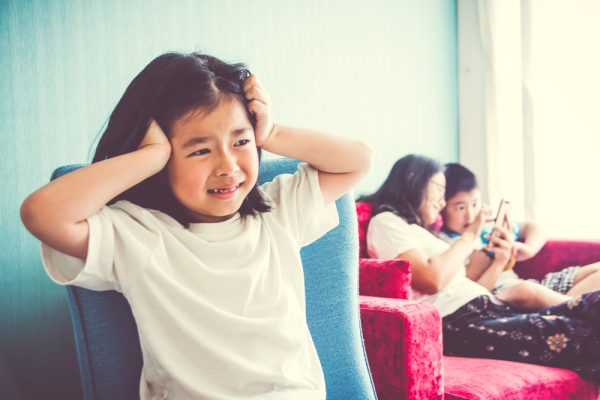Parenting Tips
Parents Zone

Written by: Founder and Volunteer Secretary-General of GLP, Lam Ho Pei Yee
Everyone already possesses an intrinsic motivation, and people have long had the desire to do things well. This is precisely why when we give children external rewards and punishments, trying to interfere with their behavior, their performance becomes worse, such as killing creativity, reducing judgment, and other negative effects, which are the bad consequences that rewards can bring. Whether it is material or psychological rewards, although they can temporarily stimulate children’s enthusiasm, they cannot help children develop long-term behavioral habits, nor can they make their performance better.
How can parents motivate children to study hard without solely relying on rewards and punishments? It turns out that by simply understanding and satisfying three basic psychological needs of humans, children can automatically and consciously enjoy and engage in learning. These three basic psychological needs include autonomy, competence, and relatedness. Every child also has a basic need to develop their abilities, to see their abilities improve, and not to let incomprehensible social standards change their children. It is dangerous to teach children things that do not fit their stage of growth. We need to create challenging yet appropriate learning experiences for children’s abilities, allowing them to feel a real sense of success, boosting their confidence in their abilities, and giving them more motivation to learn.

Parents should not limit their children’s infinite possibilities with their own limited wisdom. If parents understand how to cultivate their children’s intrinsic motivation for learning, making them recognize the importance of learning and adopting it as a life goal, children will automatically and consciously engage in learning. Therefore, by making themselves and their children more responsible, more perceptive, and better at interacting with others, parents are helping their children grow while gaining creativity and a sense of success themselves.
If these theories can be applied to children, can they also be applied to parents, thereby bringing a positive impact to the family? The answer is yes. As we ask our children to study hard, parents should also strive to change their own thinking. As Stone, the guitarist of the Taiwanese rock band Mayday, said: “What schools can teach is knowledge, is skills; what society can teach is interaction, is cooperation; and what children learn at home is yourselves, is your own way of governing as individuals, how you solve problems when you face difficulties and setbacks.”



